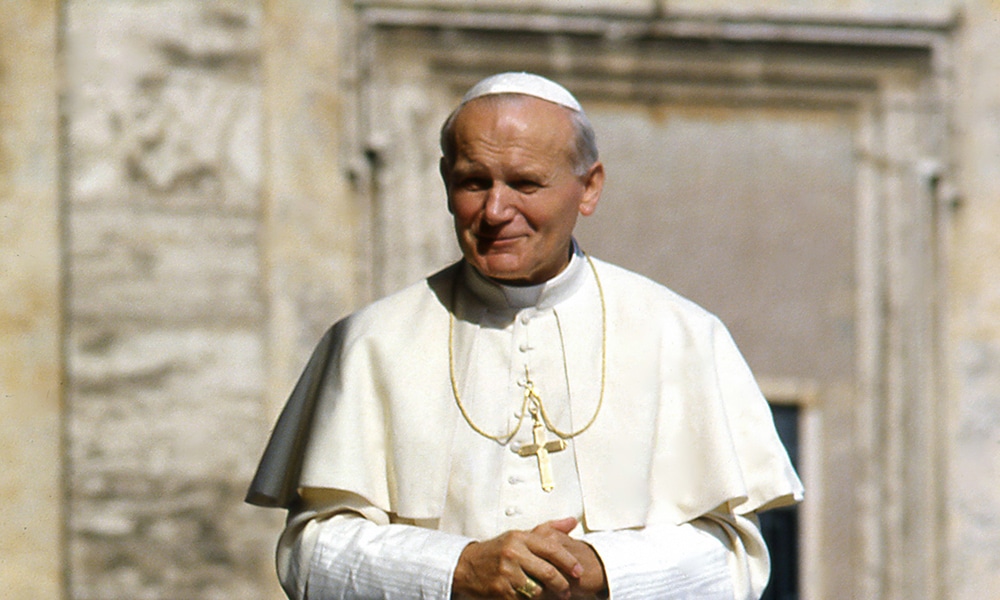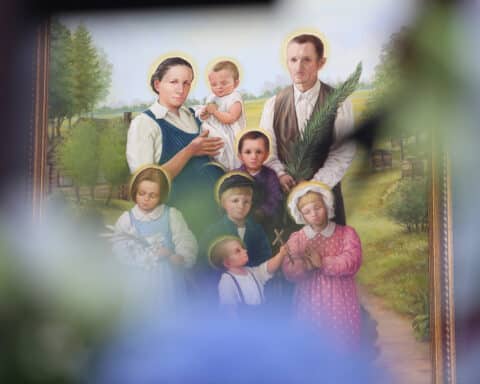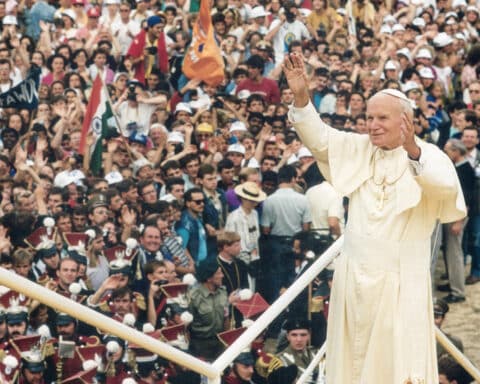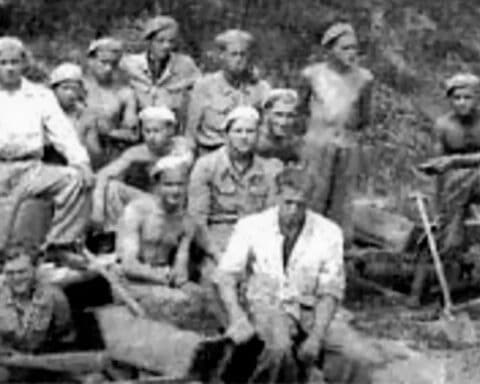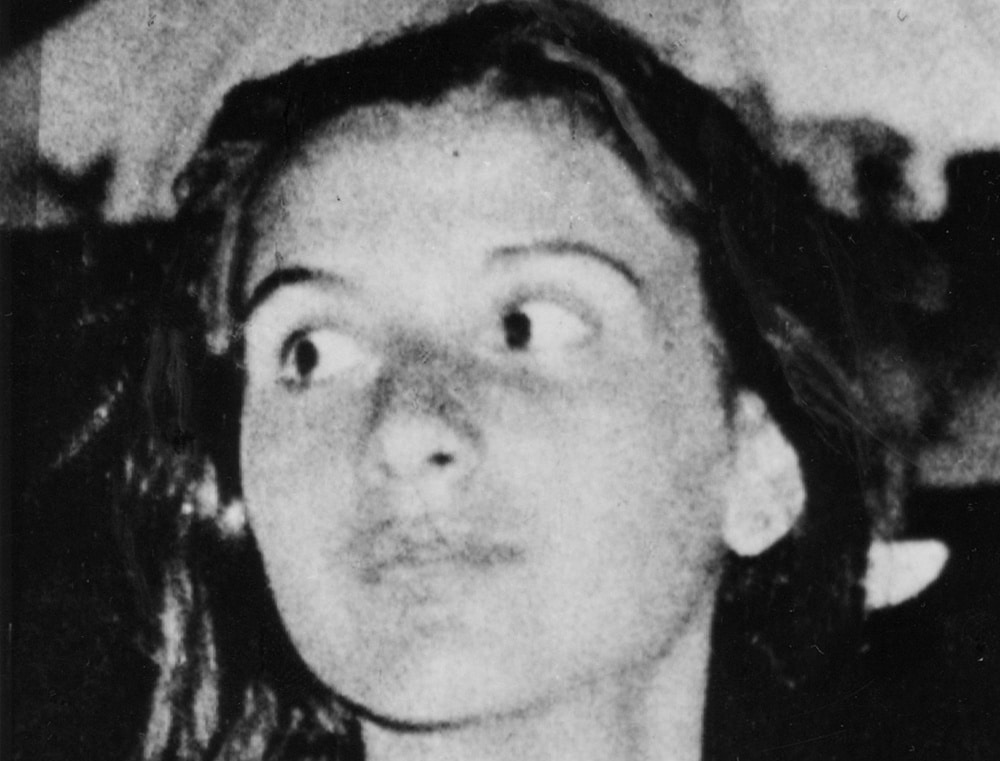In the days following the release of the McCarrick report, the good name of Pope St. John Paul II has taken a beating. Some secular news outlets questioned the rapidity of his canonization, which took place fewer than 10 years after his death. Others have blamed him solely and directly for Theodore McCarrick’s rise through the ranks of the Church, even while rumors abounded of the former cardinal’s misconduct.
Some in Catholic media, too, have made their opinions known. In an editorial, the National Catholic Reporter called on the U.S. bishops to “suppress the cult” of St. John Paul II in the United States, calling the late pontiff “willfully blind to the abuse of children and young people.” Private devotion directed toward John Paul is permissible, the editors say. But he should not, they add, “be celebrated in public.”
With all due respect to our colleagues in Catholic media, such a claim is not only unfounded and unjust, but devoid of faith and understanding of what it means to be recognized as a saint by the Catholic Church.
The McCarrick report is troubling in many ways and provokes many additional questions. As is stated in our analysis in this issue, “the evidence presented within the report reveals an ecclesial culture that was often misguided and even corrupt, one more concerned with public scandal than the veracity of the shocking allegations or potential damage to victims.” Note well: The pain and suffering of the victims of clergy sexual abuse is real, and in no way should they feel unseen or unheard. In every way should they be cared for. We must ensure that clergy sexual abuse or related cover-up never happens again.
The report does indicate that McCarrick was advanced through the hierarchy — most significantly as archbishop of Washington and by elevation to the College of Cardinals — because of the permission of John Paul II. But it must be noted that the report does not offer proof as to what exactly John Paul did or didn’t know, or what he did or didn’t “willfully” do. This is important.
This is not to say that Pope John Paul II’s actions, or lack of actions, were devoid of error, or that nothing that occurred with regard to McCarrick while he was pope can be laid at his door. On the contrary, John Paul II was a human being, and human beings sin. But that’s not enough to suppress the cultus, or popular devotion, associated with his sainthood. This is, of course, because sinful humans — thanks be to God — can still make it to heaven. In fact, isn’t that the whole point of our faith? Isn’t that what we call to mind as we prepare to begin another Advent — that the incarnate Lord humbly was born of a virgin to save us from our own fallen humanity?
Furthermore, to call for the suppression of the cultus of St. John Paul II is to misunderstand canonization. In addition to recognizing that an individual is in heaven, the whole purpose of canonization, which starts at the local level, is to spread the saint’s cultus universally. As the Catechism of the Catholic Church states, “By canonizing some of the faithful, i.e., by solemnly proclaiming that they practiced heroic virtue and lived in fidelity to God’s grace, the Church recognizes the power of the Spirit of holiness within her and sustains the hope of believers by proposing the saints to them as models and intercessors” (No. 828, emphasis ours). Through the canonization process, the Church declared John Paul II to have lived out the theological and cardinal virtues to a heroic degree despite his own sins and errors. It declared his intercession in the miraculous healings of at least two women. And because of those things, he has been recognized as a saint of God in heaven and is worthy of devotion and veneration in the universal Church.
We’re all sinners, we are all flawed, and we are all in need of God’s grace and mercy. And we believe that John Paul II would have been the first person to say that.
But the Church has spoken. St. John Paul II is a saint in heaven. He should be emulated, prayed to and publicly celebrated. May his cultus resonate through the Church, continuing to bring people to Christ. And may St. John Paul II pray for us all.
Our Sunday Visitor Editorial Board: Gretchen R. Crowe, Scott P. Richert, Scott Warden, York Young

